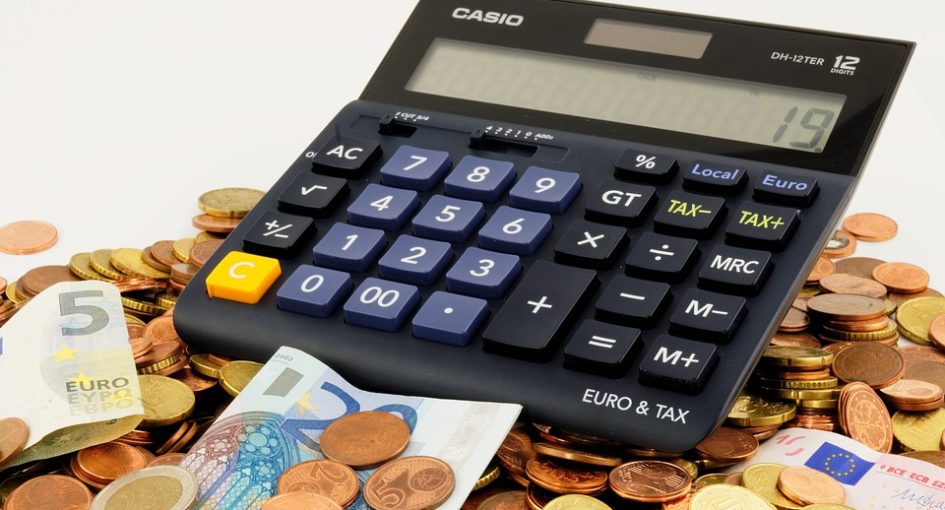
Economists and bankers place a whole lot of credence on consumer confidence. When that confidence is growing, banks adjust lending rates to maximize return and governments anticipate higher tax revenue.
That trickles down to builders, who plan for new developments based on anticipated increased demand, and the economy is considered “stimulated”. The marketers of the world come rushing in, as their clients release funds they have been holding close, because they feel the impact of growing consumer confidence.
When that confidence is at a high point, investment spending fuels the marketing engine. It can even become a spending frenzy, as the marketers that come late to the party fling ad dollars at the wall, hoping something will stick.
We all the know the flip side, when consumer confidence lags, as Americans experienced in the last decade, the resulting chill settles deeply across the marketing world.
In France, right now, consumer confidence is low, and sinking. Unemployment, government spending cuts and tax increases threaten to add France to the list of European countries now in the grips of historically low consumer confidence: Greece, Spain, Portugal and Italy.
“It’s the crisis,” a French merchant said. “People are no longer spending. They are worried about what the future will bring.”
“The consumer has always been the motor of the French economy,” said Jean-Paul Fitoussi, a professor of economics at the Institut d’Études Politiques de Paris. “If that economic engine does not work, then where is the growth going to come from?”
The big concern among global economists is the seismic change in the dissemination of information today. Consumer information and the confidence that follows is rocked almost hourly by the 24-hour immediate news cycle. Natural disasters, wars, terrorist attacks and any bad news are flashing on our screens, all our screens, constantly and incessantly. It’s hard to be confident when you absorb the daily (hourly) news.
That consumer reaction causes a consumer action: We cease to purchase.
When we cease to purchase, we starve that engine the professor was concerned about. That refusal to purchase starts at a different place for each of us. But it most certainly starts small. I suspect that it depends on your own financial status at the time: if you feel financially strapped, your personal consumer confidence indicator might be the Starbucks or the Dunkin Donuts coffee. That few bucks doesn’t bring you the satisfaction value that you need to make the purchase.
If you’re feeling more comfortable financially, but lack confidence, you may skip dinner out. You might delay planning a weekend getaway or even drive by that marina with the boat you’ve been dreaming about. No matter how much money you have, it’s the amount of money that you think that you have that drives consumer confidence.
And we all think that we have less money to spend when we feel like we should be holding onto that money in times of economic uncertainty. That is, a time of low consumer confidence.
So think about your own situation. What is your consumer confidence indicator? What do you hold off buying when you’re not feeling economically comfortable? What is your item of self-denial?
For a shopper, those new designer shoes don’t go in the bag. For a golfer, it’s one less round, or a trip to the municipal course. For a company, it’s delaying capital spending on things like phone systems, and… marketing.
What’s your indicator?